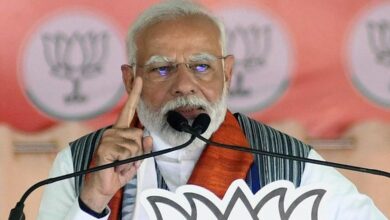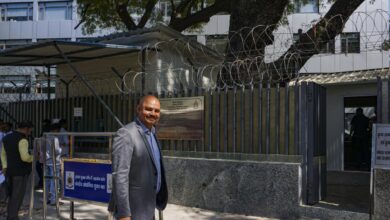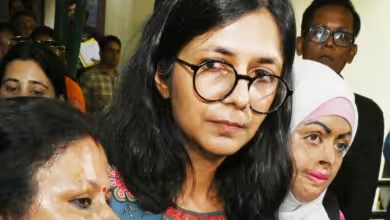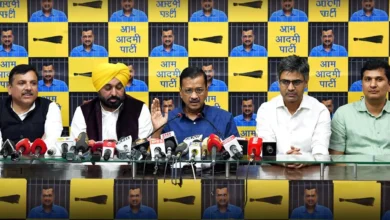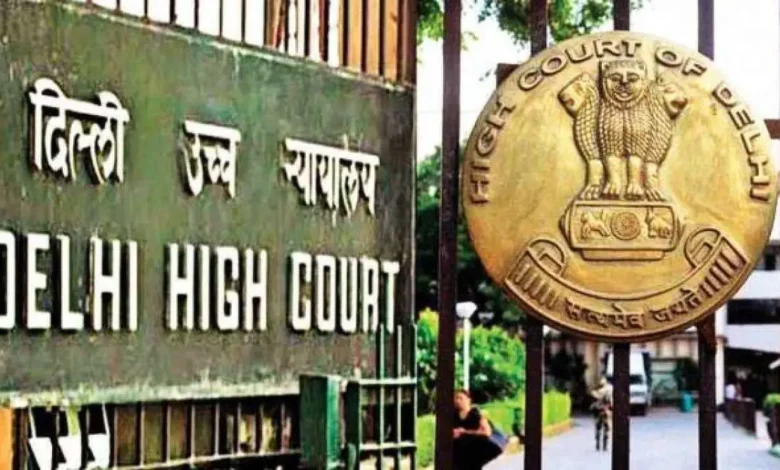
The Delhi High Court rejected a petition that sought to prevent Prime Minister Narendra Modi from running for office for six years, in an important decision. In his application, lawyer Anand S. Jondhale claimed that, while giving a speech in Pilibhit, Uttar Pradesh, the Prime Minister had broken the Model Code of Conduct (MCC).
The Election Commission of India published the Model Code of Conduct (MCC), which provides rules that candidates and political parties must abide by when running for office. Its purpose is to preserve the electoral process’s integrity and guarantee fairness to all candidates.
In his remarks, the petitioner said that Prime Minister Modi had mentioned gods and houses of worship, which was against the MCC. According to the Representation of People Act, the petition asked for the Prime Minister’s disqualification, claiming that it was illegal to make such an appeal to the electorate.
The Delhi High Court’s Justice Sachin Datta described the plea as “thoroughly misconceived” for several reasons. First, the court stated that there was no need to use the court’s exceptional jurisdiction because the petitioner had previously filed a complaint with the Election Commission of India (ECI) before the ECI assessed the case. Second, the court noted that there was no justification for the plea, which implied an MCC breach. The High Court made it clear that it is not appropriate for the court to order the ECI to adopt a specific stance regarding the petitioner’s or any other complaint.
Advocate Sidhant Kumar on behalf of the ECI guaranteed that the complaint submitted by Jondhale would be properly handled and that the necessary orders would be issued. The ECI must provide an independent opinion on the complaint, as the High Court made clear, and the petitioner is free to pursue a suitable legal remedy if they are unhappy with the ECI’s ruling. The Delhi High Court’s rejection of the plea highlights the Election Commission’s independence and the judiciary’s commitment to the rule of law. It also reiterates the fundamental idea that the ECI, which is tasked with investigating complaints of MCC violations and taking appropriate action, should be the body that decides these cases.
The legal case against PM Modi’s ability to run in elections due to the purported MCC breach has been resolved by the verdict. The court’s ruling has upheld both the Election Commission’s independence and the established legal procedures when it comes to handling issues about electoral behavior. This case serves as a reminder of the strong procedures in place to resolve election disputes and preserve democratic values as India’s political scene changes.
You might also be interested in – PM Narendra Modi launches ₹24,000 crore mission for India’s tribal communities
